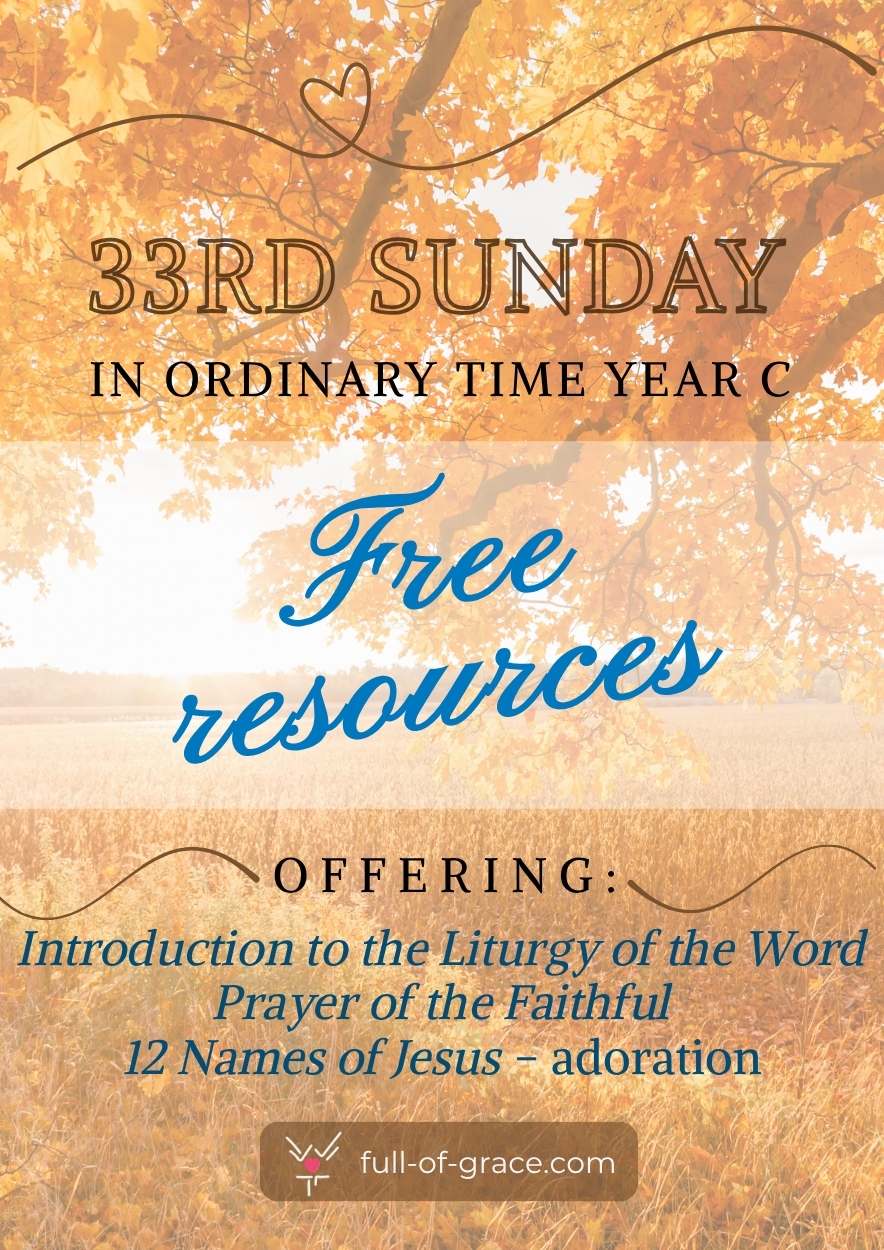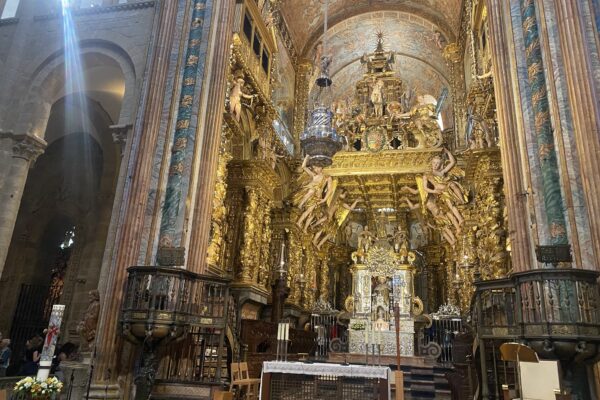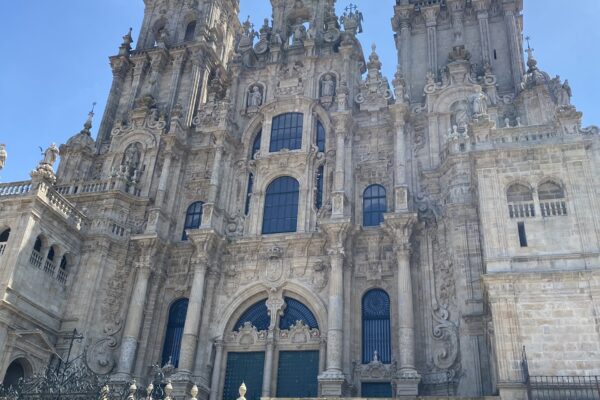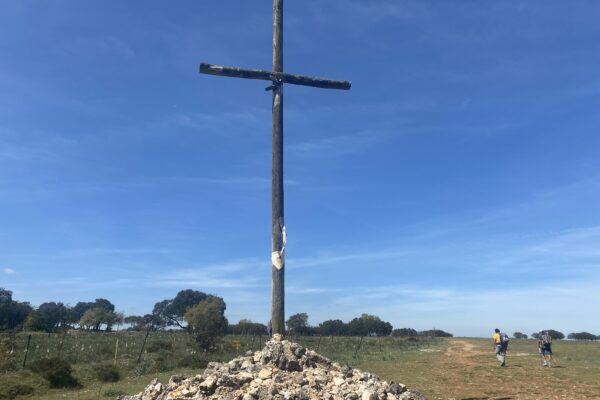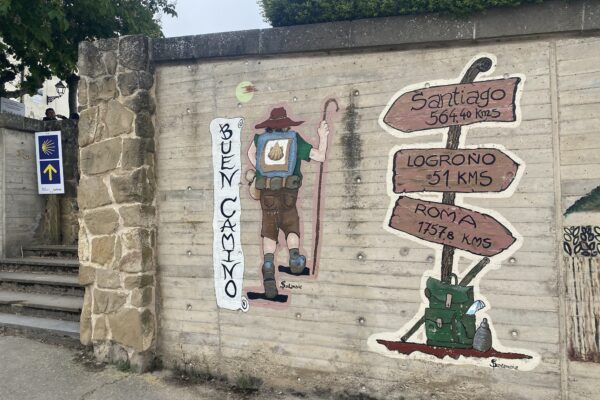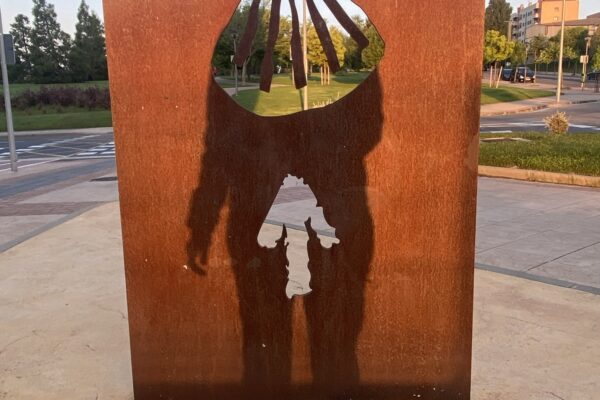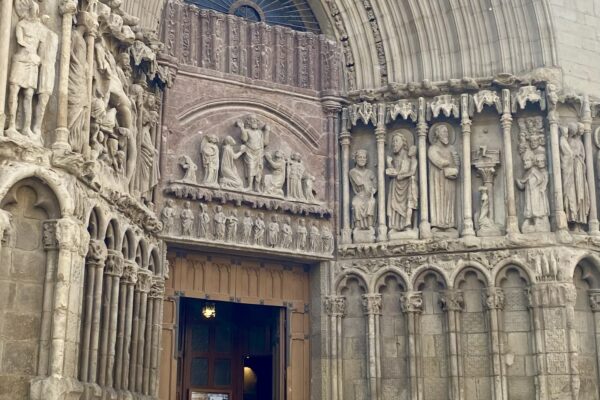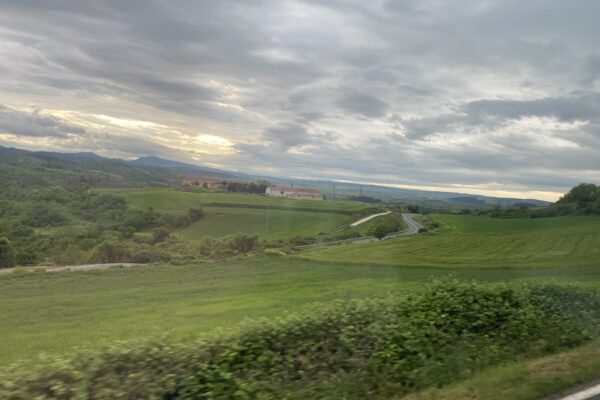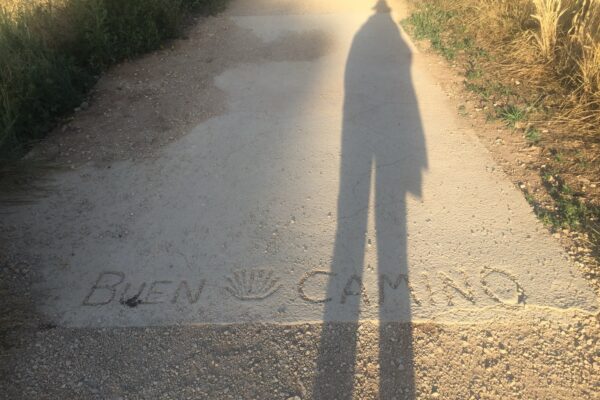“Ordinary” doesn’t mean “less important.” It means ordinary as whole—encountering Jesus complete, not through a seasonal lens.
QUICK REFERENCE
Date: November 16, 2025
Liturgical Season: 33rd Sunday in Ordinary Time, Year C
Readings: USCCB Lectionary #159
One-Sentence Theme:
When temple structures fall, the widow’s poverty-encounter proves stronger than magnificent worship—and Jesus sits alone, waiting for us to show up in our lack, not our performance.
WHERE ARE WE?
The Last Ordinary Sunday
This is the last Sunday in Ordinary Time for nearly two months.
Next week we celebrate Christ the King, then enter Advent’s four Sundays of waiting, Christmas season, and the Holy Family. We won’t return to Ordinary Time until late January.
“Ordinary” doesn’t mean “less important.” It means ordinary as whole—encountering Jesus complete, not through a seasonal lens. Not Jesus-as-coming (Advent), not Jesus-as-infant (Christmas), but Jesus in his full humanity and divinity, teaching and healing and walking among us in everyday life.
This is our last chance for a while to see him whole. To be with him in the ordinariness of discipleship, before we focus on specific aspects of his identity.
And what does Jesus show us on this final Ordinary Sunday? His loneliness.
In the Gospel: Jesus Between Triumphal Entry and Passion
We’re in Luke 21, Jesus’ final week in Jerusalem. The crowds have shouted “Hosanna!” He’s cleansed the temple with harsh words. And in the verses immediately before this passage, he watches a poor widow put her last two coins into the temple treasury—everything she has.
Then people start admiring the temple stones. “Look how magnificent! Look at these costly offerings!”
Jesus says: “All that you see here—the days will come when there will not be left a stone upon another stone.”
Their response? “When will this happen? What sign will there be?”
Not “How will we worship without the temple?” Not “Are you okay?” Just… “When?”
The loneliness of being fully present while everyone around you is distracted by surfaces.
In Malachi: After Exile, Questioning God’s Worth
The First Reading comes from the very end of the prophetic tradition. The people have returned from Babylonian exile, rebuilt the temple, and expected everything to be wonderful. But it’s not. Their worship feels lame, half-hearted, transactional. They’re questioning whether serving God has any value.
God’s response: “I am the God of Abraham’s covenant promise. Do you claim that as YOURS—even when things aren’t going the way you expected?”
Why These Readings NOW?
As we close Ordinary Time, the Church asks us to sit with endings, with structures that don’t hold, with the question underneath all our worship: Are we showing up to encounter God in our poverty, or are we just trying to look like well-adorned temples?
The widow gives from her emptiness and encounters God. The disciples admire the stones and miss the encounter happening right in front of them.
Which are we?
LITURGY PLANNING
Symbols & Themes That Emerge
- Temple/Stones – The impressive structures we build (literal and metaphorical)
- Widow’s Coins – Small offerings from emptiness that matter more than abundance
- Fire/Oven – Purification, judgment, and the burning away of what’s false
- Sun of Justice – Healing, warmth, the rising of what’s true
- Table Fellowship – Human work participating in divine gift (from 2 Thessalonians)
- Loneliness – Christ’s isolation, our isolation, the meeting point
- Ordinary Time – Wholeness, the everyday encounter with Jesus complete
Music & Worship Suggestions
Entrance: Honor the end of Ordinary Time with something both celebratory and grounded. Possibly pick up the creation-praise theme from Psalm 98 (rivers clapping, mountains shouting).
Offertory: This is where the widow’s offering sits in Luke’s narrative. Consider something quiet, reflective—space to bring our poverty, not our performance.
Communion: Bread theme connects to the table fellowship theme from 2 Thessalonians—divine bread requiring human hands.
Recessional: Something both celebratory and bittersweet as we leave Ordinary Time. We’re saying goodbye to seeing Jesus whole for a while.
Gestures & Embodiment
- Silence after the Gospel: Let the loneliness of Jesus sit in the room for 30-60 seconds before the homily. Don’t rush to explain it away.
- Movement during the Psalm: If your community uses gesture, Psalm 98 invites embodied celebration—clapping, raised hands, joy. Let the PEOPLE join creation’s praise.
Flexibility Note
This Sunday works beautifully with multiple angles depending on your parish’s current season:
- Community perseverance (2 Thessalonians) – If you’re working on building parish life, lean into table fellowship and shared labor
- Apocalyptic hope (Gospel) – If you’re in loss or transition, the “structures falling” theme offers honest space for grief
- Social justice (widow’s offering) – If you’re navigating economic strain, the widow’s radical trust speaks volumes
- Liturgical transition (end of Ordinary Time) – If you want to help people appreciate the liturgical year’s rhythm, celebrate what Ordinary Time has been
Choose what serves YOUR community right now. The readings are rich enough to hold whatever you need them to carry.
FREE RESOURCES FOR THIS SUNDAY
Biblical Background – Deep Context
Detailed exploration of each reading’s historical and theological context. Where are we in Luke’s Gospel? What’s happening in Malachi’s short 4-chapter book? Why does Paul talk about table fellowship in 2 Thessalonians? Plus the personal/human/embodied dimension of these texts.
INCLUDES INTRODUCTION TEXT, which you are welcome to read aloud before the Liturgy of the Word.
Perfect for: Homily prep, catechists, liturgy coordinators, anyone who wants to understand the bigger picture.
Prayer of the Faithful – Intercessions
Theologically rich, pastorally sensitive intercessions flowing from this Sunday’s themes. Includes prayers for Church leaders, world justice, our faith community, families, and the departed—all connected to the widow’s offering, Christ’s loneliness, and the closing of Ordinary Time.
Perfect for: Liturgy planning teams, those preparing petitions, prayer leaders.
Post-Communion Experience – 12 Names of Jesus
An embodied, contemplative practice for after Communion. As we close Ordinary Time and prepare to meet Christ the King, we’re invited to choose one name for Jesus from Scripture—one way to address him this coming week as we hold his hand in his loneliness and let him hold us in ours.
Perfect for: Personal reflection, parish projection, printed inserts for pews, creating breathing space in word-heavy liturgy.
CALL TO ACTION
These resources are offered freely to support your parish’s liturgical life. If you’d like custom liturgy planning tailored to your community’s specific needs, or coaching for liturgical coordinators navigating transitions, I’m available for individual consultations.
In the meantime, explore these resources, adapt them for your context, and—as we close Ordinary Time—give thanks for the wholeness of Christ we’ve encountered in these ordinary weeks.
The temple will fall. The stones will scatter. But the widow’s poverty-encounter with God? That’s stronger than any building we could construct. That’s the worship that endures.

